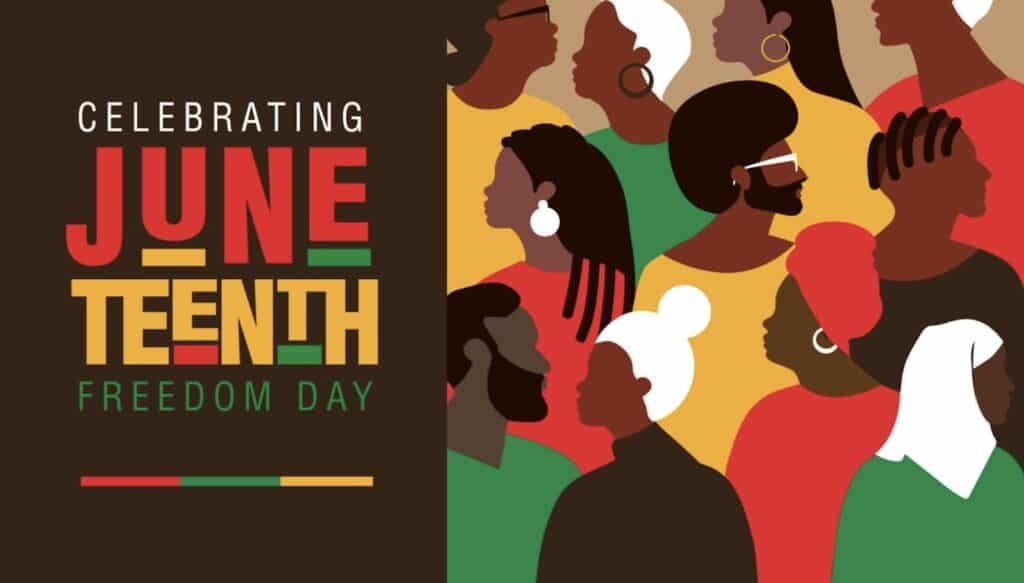Trans-Affirming Juneteenth: A TransLash Guide
GuidesThere would be no Pride Month without Juneteenth! Learn more in our guide that connects the dots between Black and LGBTQ+ liberation.

There would be no Pride Month without Juneteenth! Learn more in our guide that connects the dots between Black and LGBTQ+ liberation.

Your contribution supports bold journalism and storytelling that honors the dignity of trans people. Our community makes our work possible—thank you for joining us!